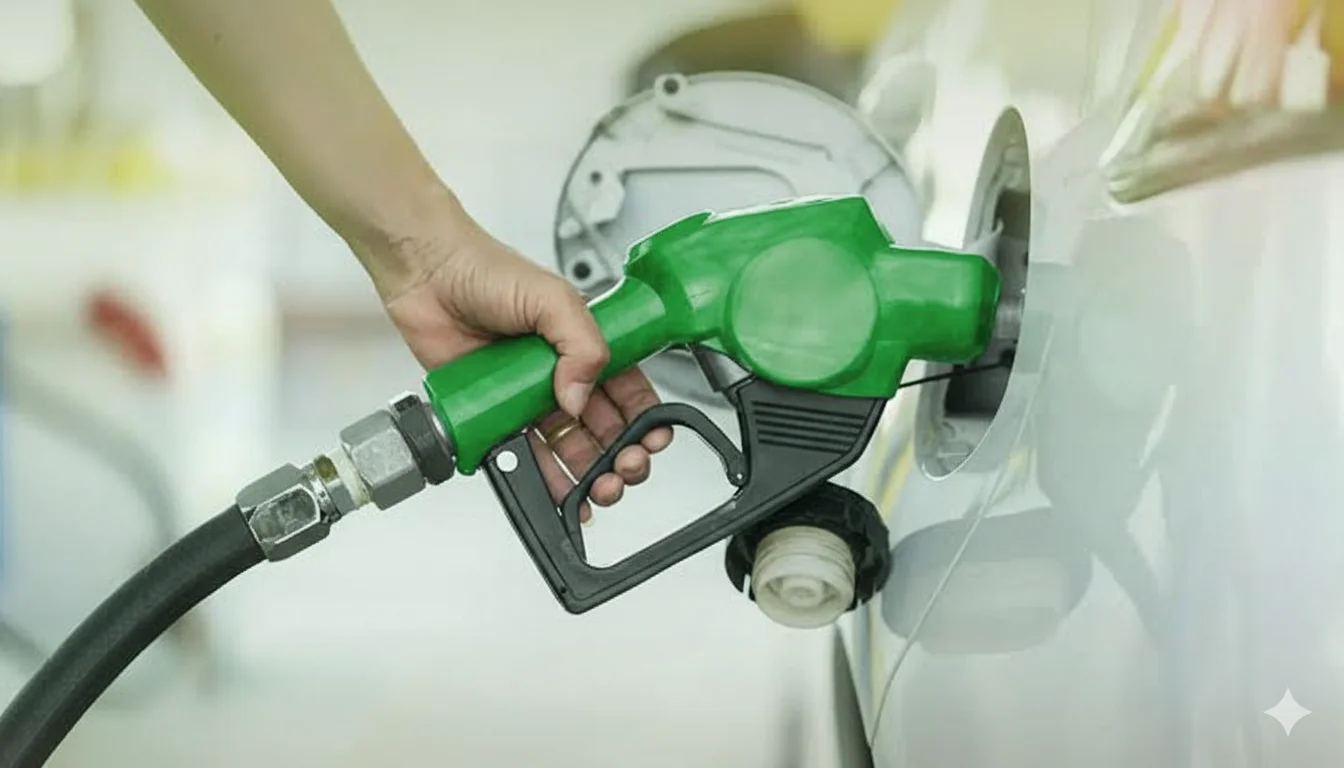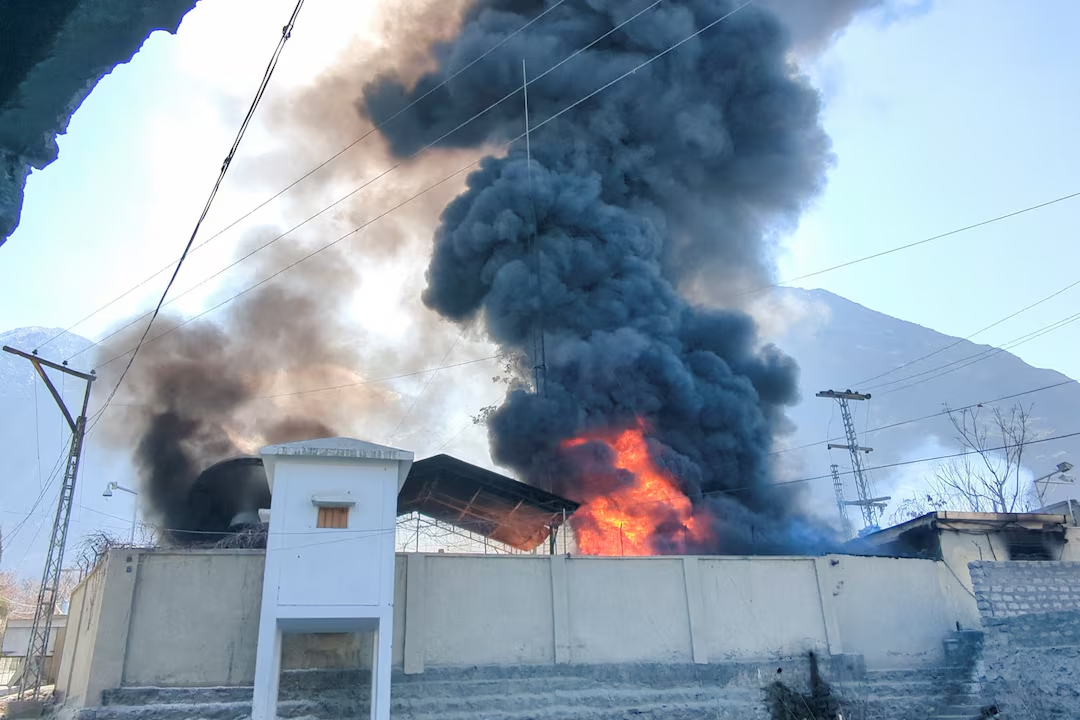The petrol price increase in Pakistan is expected from November 16, as the petroleum industry has proposed a notable adjustment in fuel rates for the second half of the month. According to sources, the Oil and Gas Regulatory Authority (OGRA) will review these recommendations before sending a summary to the federal government for final approval.
Expected Hike in Fuel Prices
As per reports from local media, the proposed increase could see:
- High-speed diesel up by Rs 9.60 per litre
- Petrol up by Rs 1.96 per litre
- Kerosene oil rising by Rs 8.82 per litre
- Light diesel oil going up by Rs 7.15 per litre
If approved, the new fuel rates would bring petrol to Rs 263.49 per litre and high-speed diesel to Rs 288.04 per litre. This would mark yet another upward revision in domestic fuel costs despite fluctuations in the global oil market.
OGRA and Government Decision
The Oil and Gas Regulatory Authority (OGRA) is expected to finalize its report and submit it to the Prime Minister’s Office by Saturday. After official approval, the Ministry of Finance will issue a notification confirming the revised prices.
This update will follow the routine fortnightly fuel price review, a process that determines domestic rates based on global crude prices, exchange rate movements, and tax adjustments.
👉 Read more in our Economy section on Pukaar Pakistan.
Global Oil Market Trends
Interestingly, the anticipated petrol price increase in Pakistan comes amid a decline in international oil prices. The Organization of the Petroleum Exporting Countries (OPEC) recently revised its forecast, stating that the oil market may stabilize by next year instead of facing a supply shortage.
In response, Brent crude fell by 3.67% to $62.77 per barrel, and WTI dropped by 4.1% to $58.55 per barrel. The global decline is largely attributed to growing production from non-OPEC countries such as the United States, Brazil, and Guyana.
Impact on Pakistan’s Economy
Despite global price drops, domestic rates remain under pressure due to the depreciation of the Pakistani rupee and local taxation policies. Economists warn that another fuel price hike could worsen inflation and transportation costs, directly impacting consumers and businesses.
Rising petrol and diesel prices tend to push up the cost of goods and services, contributing to broader economic challenges. Analysts suggest the government should consider targeted relief measures to cushion the impact on low-income households.
👉 Also read: How Fuel Prices Affect Pakistan’s Inflation
Future Outlook
Global demand for oil is expected to grow by 1.6 million barrels per day next year. While this could help stabilize international markets, Pakistan’s fuel prices will continue to depend on exchange rate movements, tax decisions, and import policies.
The upcoming petrol price increase in Pakistan is a reflection of ongoing global and domestic economic pressures. As citizens brace for higher fuel costs, staying informed about policy changes and market trends is essential.
For more updates on fuel prices, inflation, and government policies, visit our Economy News section on Pukaar Pakistan.













